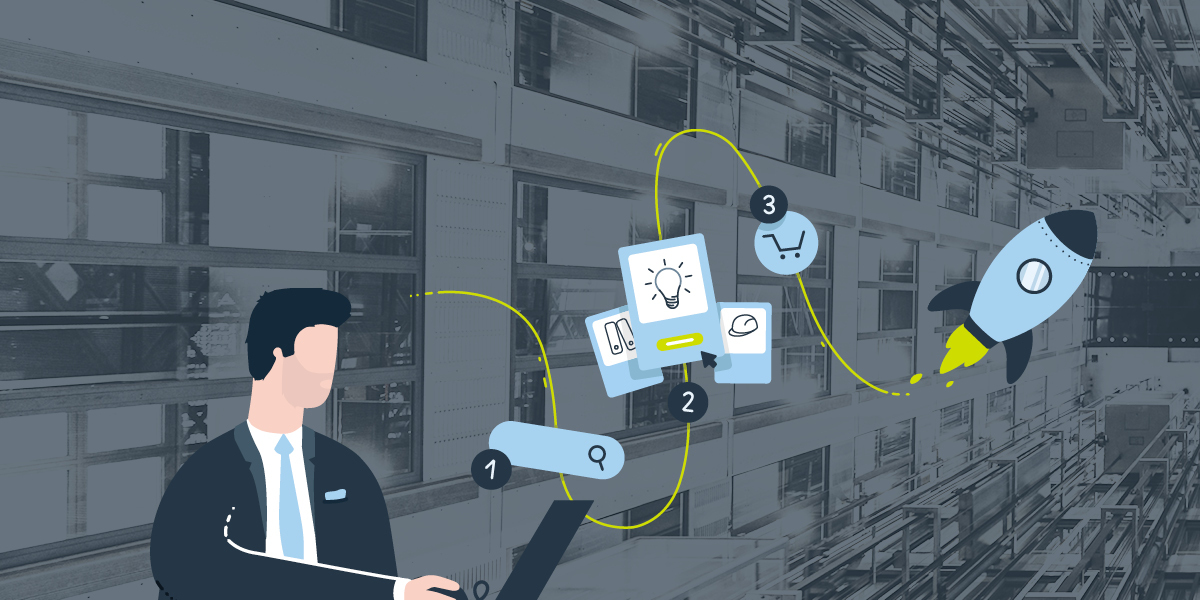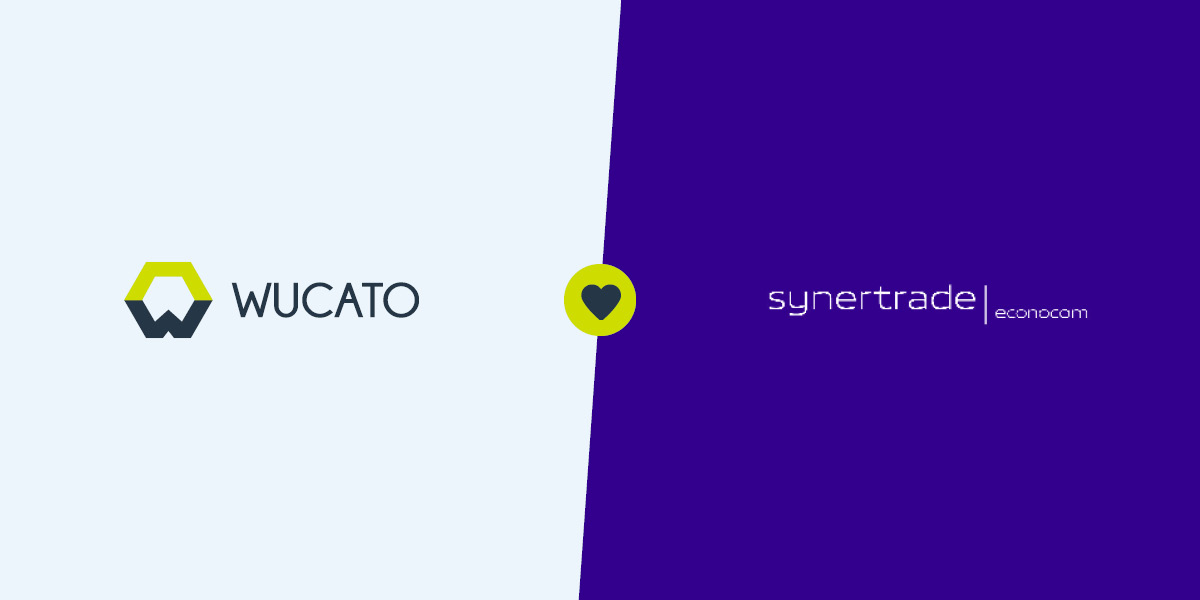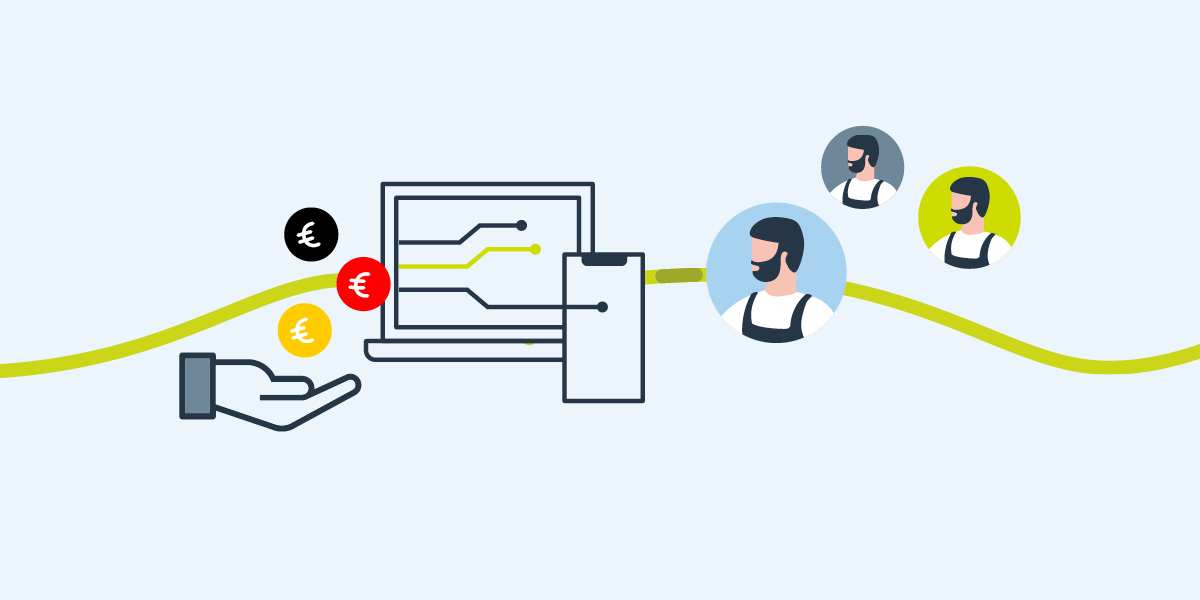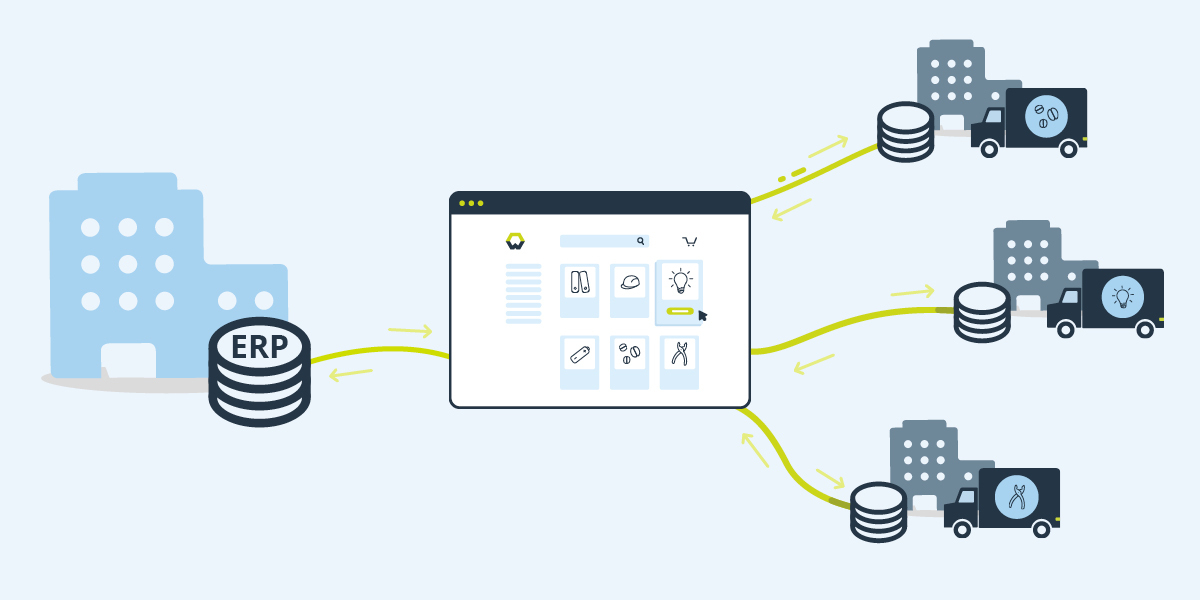How craft businesses can optimize their procurement
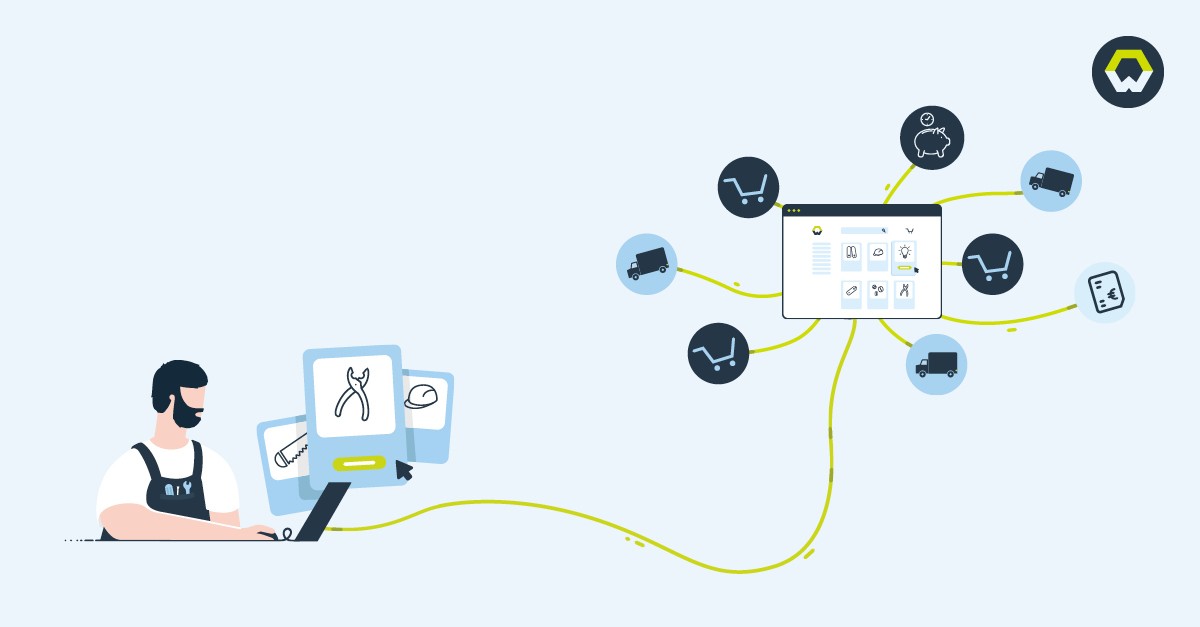
Craft businesses often do not have a separate department with trained buyers and a long-term procurement strategy. Nevertheless, tradespeople can optimize their procurement process – even without expert knowledge or major IT investments.
Many smaller craft businesses, in particular, tend not to pursue a sophisticated strategy when it comes to purchasing goods and operating materials. Instead, they focus on current and specific requirements and buy everything they need from bricks-and-mortar retailers or various online stores. The outcome: lots of orders and purchases, lots of invoices and receipts, and lots of different suppliers. This makes it difficult for the business to compare prices and optimize procurement. Impromptu purchases at the hardware store can cost tradespeople a lot of time and money.
Digital procurement process for craft businesses
A long-term solution for craft businesses that is easy to implement is essentially to bundle all purchases and suppliers, for example via a digital procurement platform. After all, it is generally the case that if you want to save time and money in procurement so that you can concentrate on customer orders, you need to standardize and digitalize your procurement processes. Online procurement platforms like Wucato support craft businesses in the three key areas: assortment requirements, the ordering process and the payment process.
1. The entire assortment at a glance
If tradespeople need a certain product, they often have to start by doing their own research in catalogs or various online stores to find out which supplier sells the product and at what price. A digital procurement platform saves them this effort in the future: Wucato, for example, offers a large assortment of different suppliers, giving customers an overview of the entire range of products with just a few clicks of the mouse. Users can also set up favorites so that they can find the products they need more quickly when they need to place another order. It is also very easy to store framework agreements and special conditions with individual suppliers that have already been negotiated on Wucato.
2. Defining the order process
A lot of time is also often wasted on the ordering process itself, for example when tradespeople have to buy products themselves at the DIY store or supermarket around the corner. A new shopping list has to be drawn up every time, and tradespeople might have to cover long distances to visit an actual store. Wucato, on the other hand, allows ordering processes to be accelerated and simplified: everything runs via a central platform in which several users and different delivery addresses are stored. Budgets and requisition templates for frequently required materials and supplies ensure fast and transparent ordering processes and provide control and analysis options.
3. Saving time and money when it’s time to pay
Finally, the advantages of a digital procurement process via a central platform like Wucato really come to the fore when it comes to the payment process. If craft businesses buy from a large number of different suppliers or bricks-and-mortar retailers, they have to invest a great deal of manual effort due to the many individual invoices and bank transfers. Wucato accelerates this process enormously: an electronic collective invoice summarizes all of the orders placed with different (indirect) suppliers . Tradespeople only have to set up vendors once in the system, and the individual invoice items can be assigned quickly and accurately on the basis of predefined cost centers.
Because a procurement strategy is not necessarily a top priority for many craft businesses, it is all the more important to save time and money in this area – thanks standardized, intuitive and digital processes that do not require any major IT investments. This frees up capacity for the essentials, namely time spent on the construction site.
More articles from the category "C-Parts-Management"
